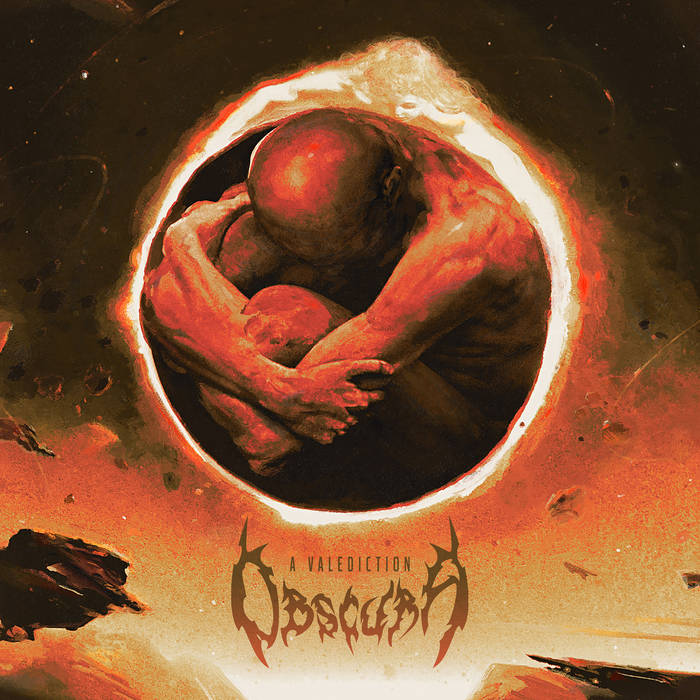Album of the Week 47-2021: Exodus – Persona Non Grata

Thrash metal bands should never get too comfortable with their own style. Once they do, the urgency that makes most of the best albums in the style as good as they are goes away and there is a serious risk of churning out riffs on auto-pilot. Ever since their reunion around the turn of the century, Exodus has been walking the tightrope between stylistic expertise and formulaic predictability, occasionally leaning too far the latter way. ‘Persona Non Grata’ is by no means flawless, but certainly sounds more inspired than a majority of their post-reunion releases, including its predecessor ‘Blood In, Blood Out’.
‘Persona Non Grata’ sounds more or less exactly like one would expect Exodus to sound in the twenty-first century, for better or worse. Nobody has to teach Gary Holt how to write a sharp, vicious modern thrash riff anymore and those are here in spades, some of them even having an eerie, twisted feel I have not heard often since Dark Angel’s heyday. But there are also a couple of more contemporary-sounding mid-tempo tracks that plod along for one or two minutes longer than they should. As a whole, ‘Persona Non Grata’ has quite a pleasant flow, however, so these are not too overbearing.
What the album does better than most Exodus releases is throw some surprising twists at the listener. The opening title track has a mid-tempo middle section with a couple of surprisingly melodic guitar solos that was structured differently than I was expecting and just when the following ‘R.E.M.F.’ appears to settle for the same groove for too long, a really cool pulsating post-solo section breaks up the song. ‘The Fires Of Division’ toys with time feels and an awesome guitar harmony near the end of the song, while the dark, epic ‘Lunatic-Liar-Lord’ is one of the most dynamic Exodus tracks since ‘Pleasures Of The Flesh’.
Despite bitching about modern Exodus’ slower moments reasonably often, it’s really the mid-tempo stuff that meanders a bit. By contrast, when Exodus goes for the truly slow stuff, the results can be excellent. ‘Prescribing Horror’ in particular is a monstrously heavy doom track with a genuinely scary vibe in the guitar work. It is somewhat reminiscent of ‘Forward March’ from the ‘Tempo Of The Damned’ album, though it’s slower and more atmospheric. ‘The Years Of Death And Dying’ also works surprisingly well. In the hands of a lesser band, it would be another dull mid-tempo plodder, but the interesting guitar arrangement and Steve ‘Zetro’ Souza’s surprisingly multi-faceted vocal performance up the ante.
Ultimately, the only major flaw of ‘Persona Non Grata’ is that it really did not need to be an hour long. Personally, I could have done without the anticlimactic closer ‘Antiseed’ and the in one ear, out the other ‘Elitist’. I don’t find ‘The Beatings Will Continue (Until Morale Improves)’ all that interesting either, but it does its duty as a short banger in the middle of the album. All in all, the album has a surprisingly large number of inspired moments and it is sonically much better than ‘Blood In, Blood Out’ as well. Those expecting another masterpiece after not having had any Exodus releases for seven years will be disappointed, but some tracks are real growers.
Recommended tracks: ‘Lunatic-Liar-Lord’, ‘Prescribing Horror’, ‘The Fires Of Division’


